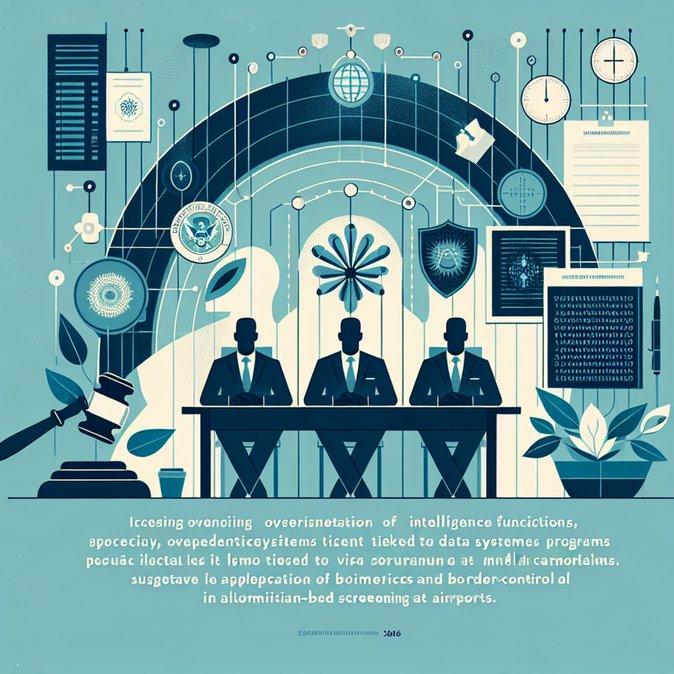
Australia’s Parliamentary Joint Committee on Intelligence and Security (PJCIS) has endorsed the Strengthening Oversight of the National Intelligence Community Bill 2025, tabling its report on 5 November 2025. Dubbed the ‘SONIC’ Bill, the legislation would, for the first time, bring the intelligence functions of the Department of Home Affairs, the Australian Federal Police and AUSTRAC under full parliamentary scrutiny.
While primarily a governance measure, the reform has direct implications for global-mobility stakeholders. Home Affairs’ Intelligence Division feeds risk-assessment data into Australia’s visa-decision and SmartGate passenger-screening systems. Expanded oversight aims to improve transparency around how biometric and travel-history data are collected, stored and shared with foreign partners.
![Parliamentary Committee Backs Stronger Oversight Bill Covering Home Affairs and Border Agencies]()
Privacy advocates have welcomed provisions granting the Independent National Security Legislation Monitor stronger ‘own-motion’ inquiry powers. Airlines and airport operators say clearer accountability should smooth the path for the next phase of biometric exit trials at Sydney and Melbourne Airports, scheduled for 2026, by assuring passengers that data safeguards meet global standards.
The government has signalled that it will introduce complementary regulations requiring annual public reporting on automated decision-making in visa cancellations under section 116 of the Migration Act. Corporates sponsoring large mobile workforces are watching these developments closely, as algorithmic-risk flags can trigger secondary checks that delay visa grants.
Debate on the SONIC Bill is expected in the Senate during the final sitting fortnight of 2025. Mobility managers should monitor guidance on data-access requests and be prepared to update privacy notices provided to travelling employees once the Act commences.
While primarily a governance measure, the reform has direct implications for global-mobility stakeholders. Home Affairs’ Intelligence Division feeds risk-assessment data into Australia’s visa-decision and SmartGate passenger-screening systems. Expanded oversight aims to improve transparency around how biometric and travel-history data are collected, stored and shared with foreign partners.

Privacy advocates have welcomed provisions granting the Independent National Security Legislation Monitor stronger ‘own-motion’ inquiry powers. Airlines and airport operators say clearer accountability should smooth the path for the next phase of biometric exit trials at Sydney and Melbourne Airports, scheduled for 2026, by assuring passengers that data safeguards meet global standards.
The government has signalled that it will introduce complementary regulations requiring annual public reporting on automated decision-making in visa cancellations under section 116 of the Migration Act. Corporates sponsoring large mobile workforces are watching these developments closely, as algorithmic-risk flags can trigger secondary checks that delay visa grants.
Debate on the SONIC Bill is expected in the Senate during the final sitting fortnight of 2025. Mobility managers should monitor guidance on data-access requests and be prepared to update privacy notices provided to travelling employees once the Act commences.










